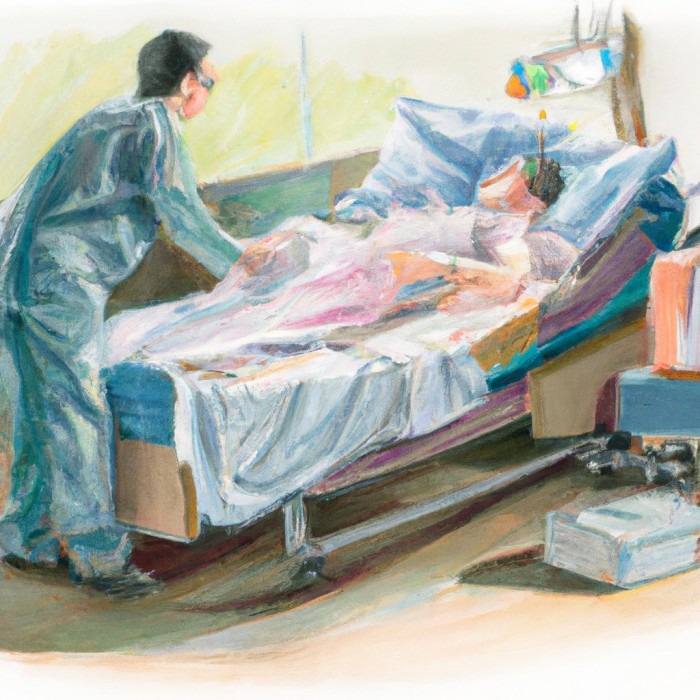Medical Skills – The Gambler
Benchmark – outcome
What is important if you work in a speciality where you perform "hands on procedures" or surgery? How can you set your self apart from your peers? The answer is simple: It is the outcome of your patient. You want to have a low complication rate, even in complex cases. Your patients should be happy, and the long-term results should be perfect.

But how do you get there, and which talents do you need? The list is long and includes many factors, such as exceptional fine motor skills, attention to detail, experience, resilience, teamwork, and communication skills.
A game of poker
But, after working with surgeons and interventionalist for over 30 years, I realized that there is another important character trait that you should have. Similar to a poker player, you need to be good at managing risks. As the lyrics of the Kenny Rodgers song "The Gambler" puts it:
You've got to know when to hold 'em
Know when to fold them
Know when to walk away
And know when to run
If you are too aggressive relative to your skills or your level of training, your complication rate will increase. Occasionally, you might have to step down, seek assistance or let someone else do the procedure. Sometimes it is best to "run" to avoid a catastrophe. In contrast, there will also be situations where you must take risks.
But it is not only a question of whether you decide to perform the procedure. For this, you can use risk scores. It also matters how you approach the procedure. Aggressive, with diligence, or too cautious. How much trauma is induced in the tissues? How much push and pull? How forcefully is the catheter advanced etc.? While these factors will not be apparent in the surgical report, they are often important factors in determining whether a procedure is successful. I assume many of you have witnessed or even experienced such situations. The disadvantage for those involved in invasive or interventional work is that they are constantly under observation.

It's often just a question of dosage, how much pressure you put on the gas pedal that makes the difference. Successful surgeons and interventionalists will exactly know their capabilities, never overdo it, and seek assistance, when necessary, but they will also know when to go all in. And with growing experience and competence, they will take greater risks without an increase in complications. Of course, training, knowledge, and continuous practice are important as well. Still, the emotional component and an adaptive analytical approach that allows them to maneuver through stressful situations are key. Surgeons and internationalists must have a character trait you will normally find in conservative disciplines. This will also enable them to communicate with those who referred the patients.
Who would you recommend?
But is the good surgeon or interventionalist recognized as such? Interestingly their reputation (good or bad) spreads very fast. Staff and colleagues usually know who can be recommended, and typically there is a high level of consensus. So, if you as a medical professional have access to this information, it is easy to get a good recommendation for your patient, yourself, or your family. Often you don't need mortality or morbidity statistics for that. All you need to know is who to ask.

Communication skills
So far, we have only discussed how you can improve the surgical outcome. But if you want to make it to the top, you will also need good communication skills. I know interventionalist and surgeons are more "hands-on." This is why they chose their profession. But I cannot stress enough how important it is to communicate with colleagues and patients. Patients want empathy and someone who alleviates their anxiety. And for referring physicians, it is an important factor that builds trust. Finally, communication skills are also important when dealing with complications. Because in the perception of others, handling mistakes and complications well is more important than the occurrence of such complications. Ultimately, there is no successful surgeon or interventionalist for whom everything goes well.
In my next post, I will discuss career planning. Can you be flexible and let things happen? What should you consider, and what are the most important obstacles in your career?
Thomas Binder
In case you missed my previous tips, check them out here:
